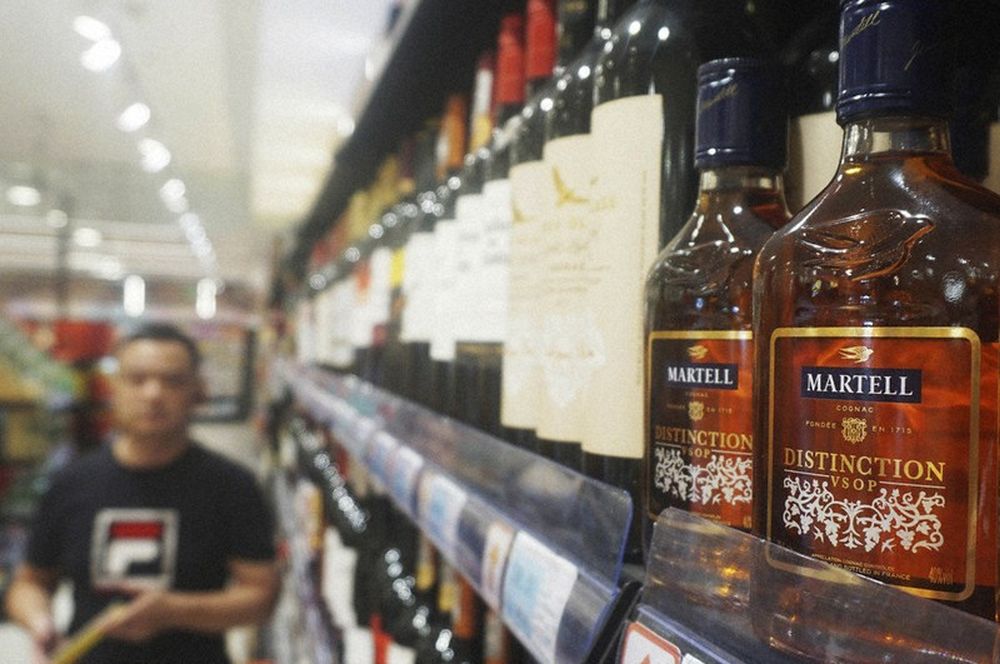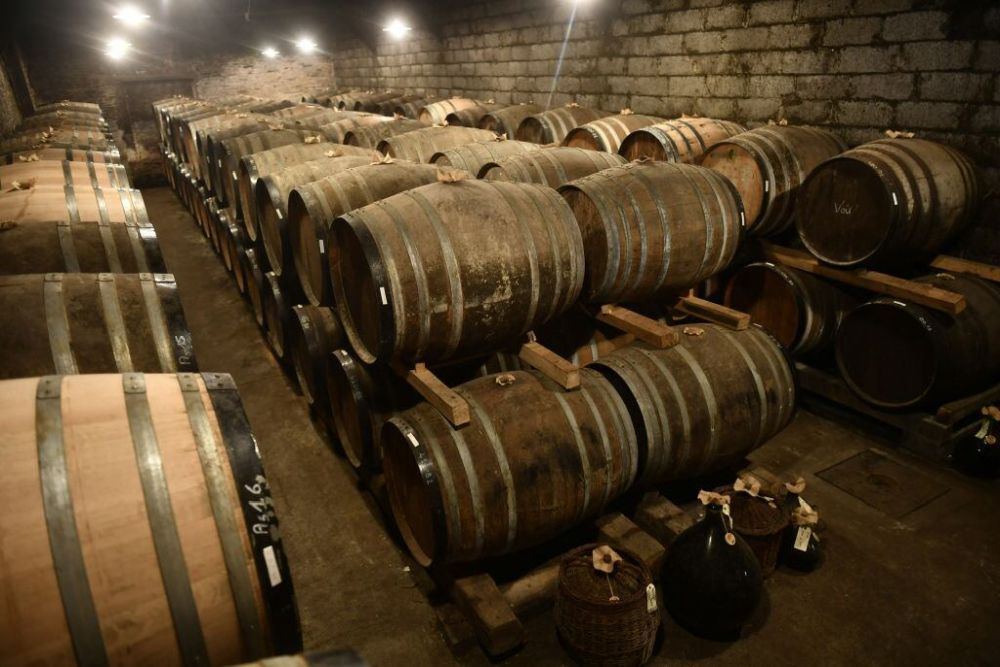China has officially implemented anti-dumping duties of up to 34.9% on brandy imported from the European Union, a move effective as of this past Saturday. This significant step further escalates the ongoing trade dispute between Beijing and Brussels, which has already seen a dramatic 70% reduction in French cognac exports to China. The decision marks a critical point in the broader economic tensions between these major global players.

The new tariffs formalize measures that have already had a devastating impact on the French cognac industry, which previously boasted annual exports to China valued at €1.4 billion. While some prominent producers, including Pernod Ricard’s Martell and Remy Cointreau’s Remy Martin, managed to secure exemptions by committing to minimum price agreements, other key brands like Hennessy are now subject to the maximum tariff. This disparity highlights the varied challenges faced by European brandy manufacturers in the current climate.

Beijing’s action is widely perceived as a direct response to the European Union’s earlier decision to impose tariffs on Chinese-made electric vehicles. This tit-for-tat exchange underscores the escalating nature of the trade disagreements, which extend beyond specific product categories to encompass a range of strategic industries. Both sides appear to be digging in, with little immediate sign of de-escalation, affecting various sectors of their respective economies.

In response to China’s duties, the European Union has formally challenged the measures at the World Trade Organization, arguing that there is insufficient evidence to justify the anti-dumping case. This legal challenge indicates the EU’s commitment to contesting what it views as unfair trade practices. The outcome of this dispute will undoubtedly set precedents for future trade relations and could influence global trade dynamics for years to come.

#ChinaTariffs #EUTraade #BrandyImports #CognacExports #TradeWar #GlobalEconomy
